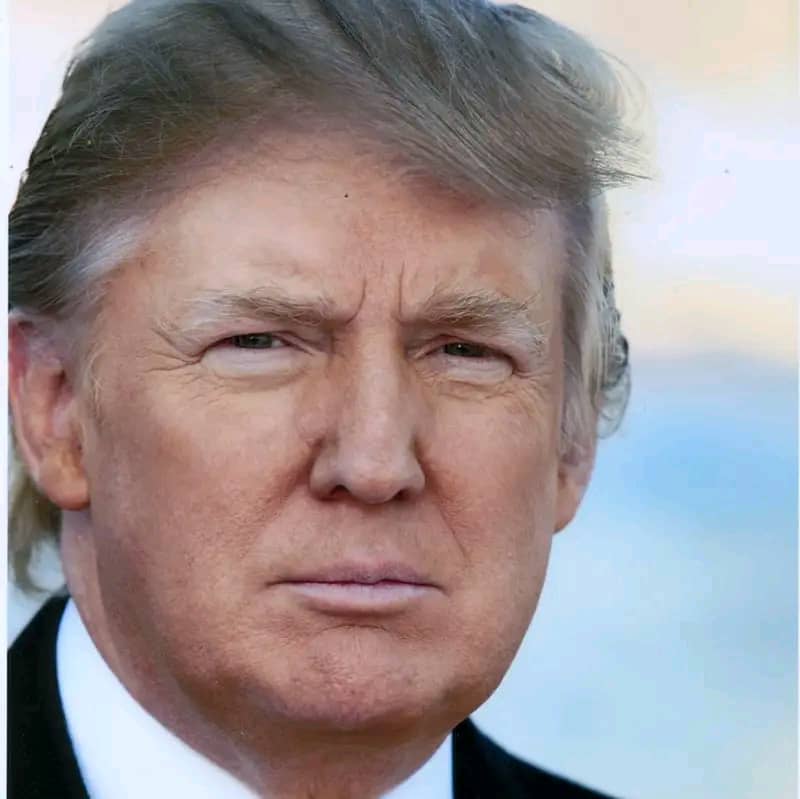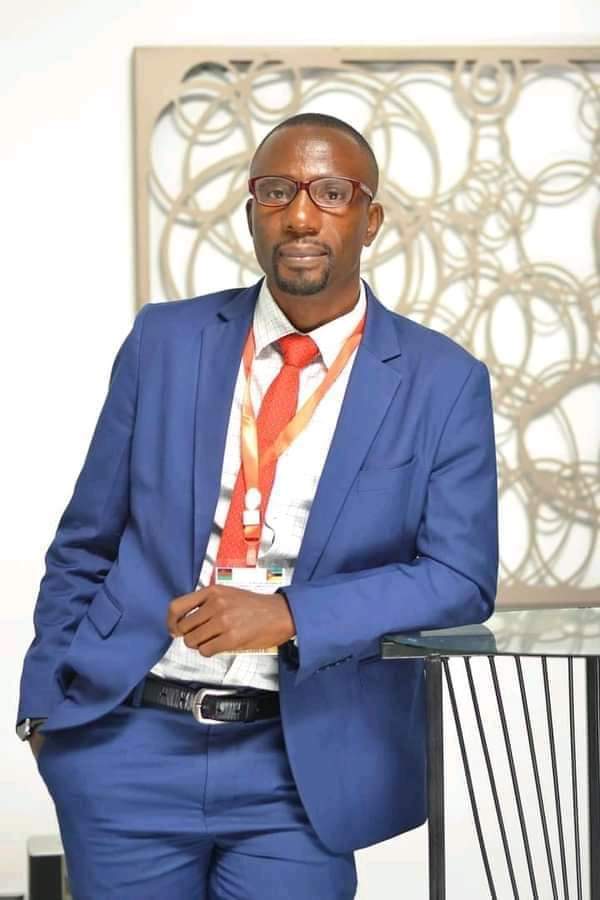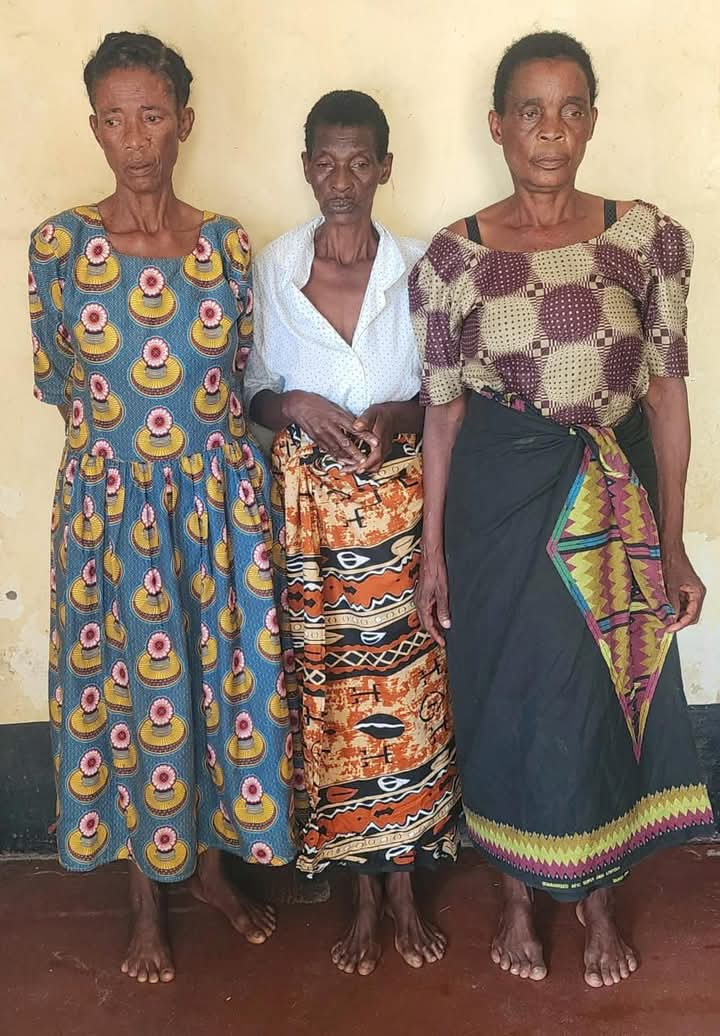By Burnett Munthali
The United States Department of State has issued new directives to embassies and consulates across the globe regarding student visa applications.
According to the updated guidance, diplomatic missions must now assess whether prospective student visa applicants harbor “hostile attitudes towards our citizens, culture, government, institutions, or founding principles.”
This additional screening requirement reflects a more scrutinous approach to visa approvals amid rising global tensions and domestic political sensitivities.
Despite this heightened vetting protocol, the State Department has also instructed embassies and consulates to resume processing student visa appointments.
These appointments had been paused in late May, causing concern and uncertainty for thousands of international students hoping to study in the United States.
The decision to resume services comes as the academic year approaches, with universities preparing to welcome new international cohorts.
The State Department’s guidance appears to strike a balance between national security interests and the country’s long-standing tradition of hosting students from around the world.
It remains unclear exactly how consular officers will measure “hostile attitudes,” a term that could be open to subjective interpretation.
Critics have raised concerns that this policy could lead to discriminatory practices or be used to exclude applicants based on political beliefs or cultural misunderstandings.
Supporters of the new measure, however, argue that it is necessary to safeguard national values and prevent individuals with harmful intentions from entering the country.
The United States hosts over one million international students annually, contributing significantly to its academic, cultural, and economic life.
The policy shift could have wide-reaching effects on global perceptions of the U.S. as a welcoming destination for education.
It may also create uncertainty among applicants, especially those from regions where anti-American sentiments have been historically prevalent or politically complex.
Universities and advocacy groups are closely monitoring the implementation of the new directive to ensure it does not unduly impact the flow of academic talent.
Meanwhile, students planning to study in the U.S. are urged to prepare for more rigorous interviews and documentation requirements.
The resumption of visa services is a relief for many, but the new conditions attached will likely shape the experience of applying for a U.S. student visa for years to come.




